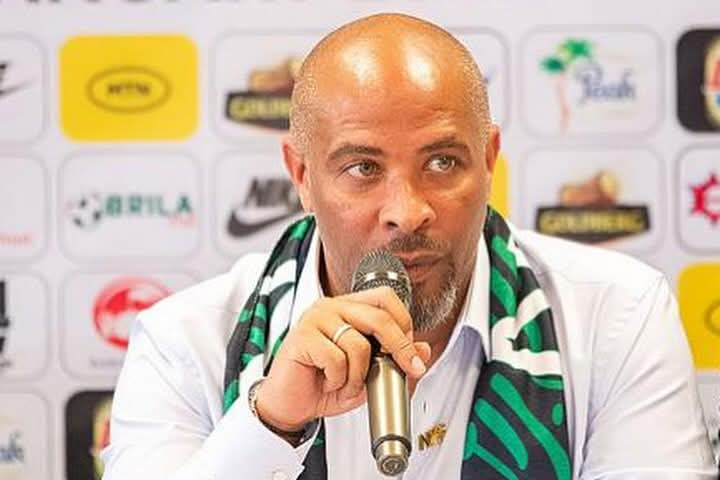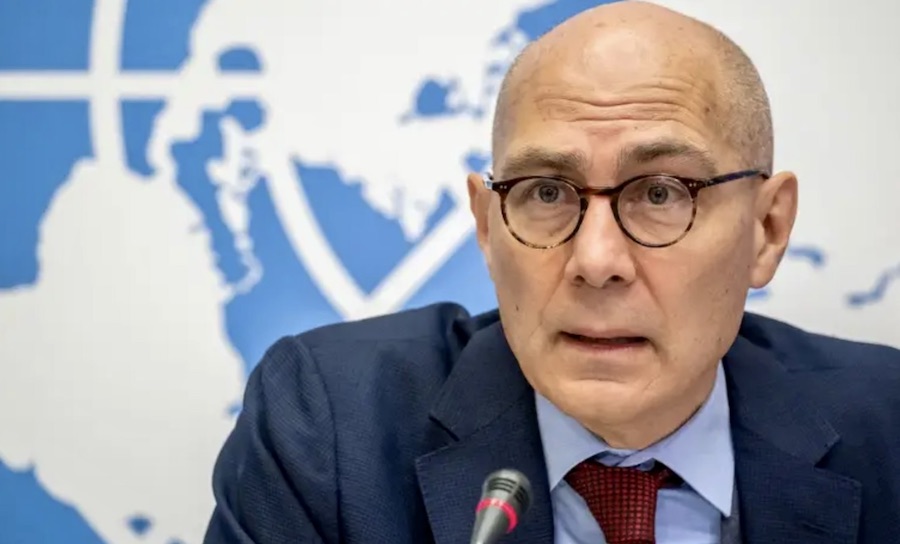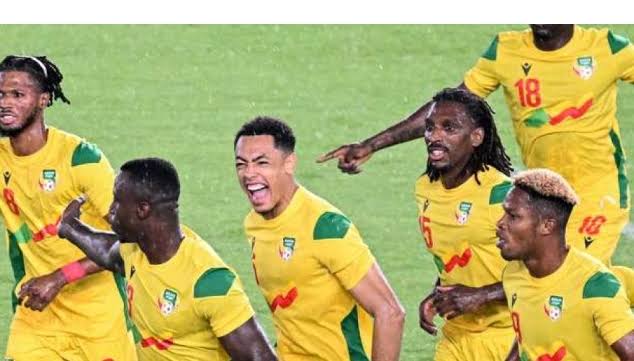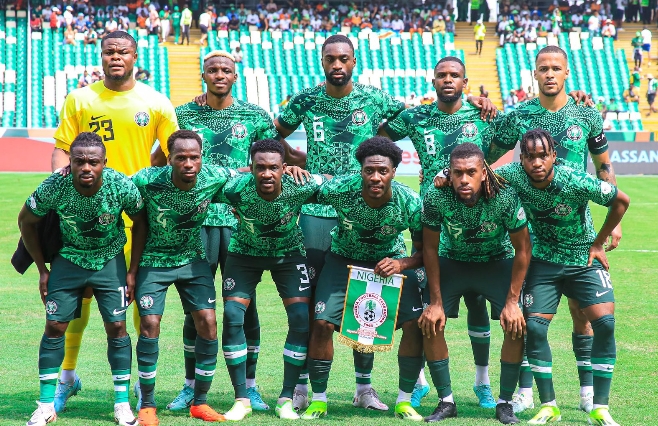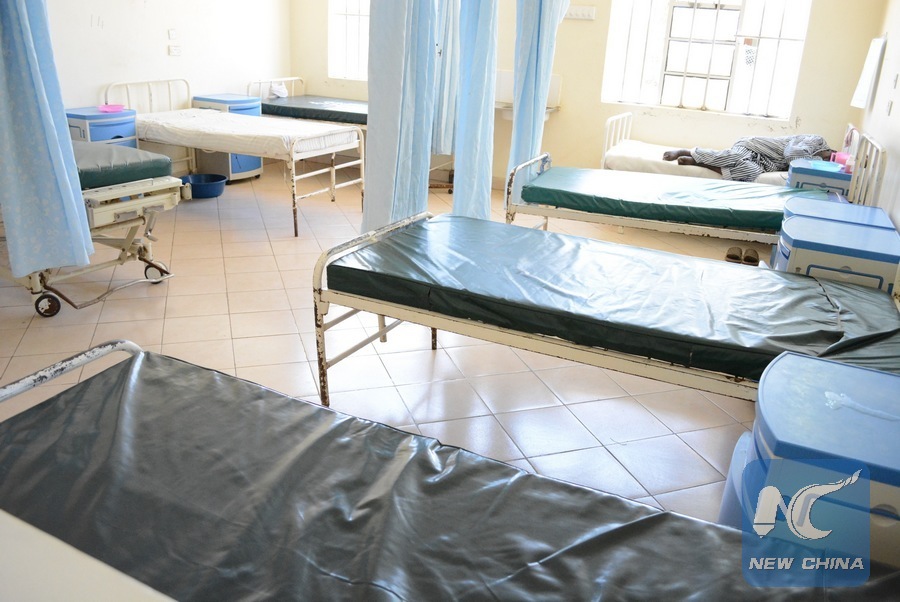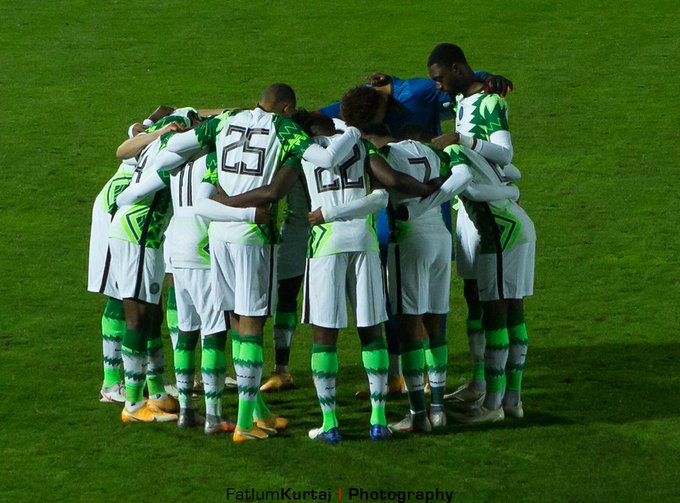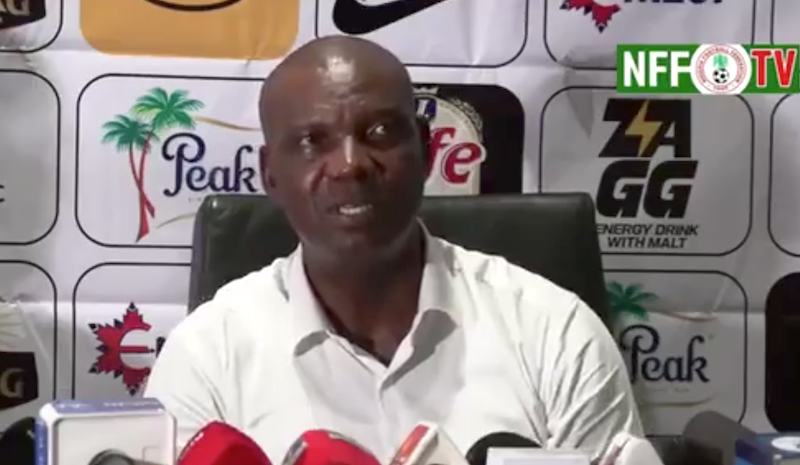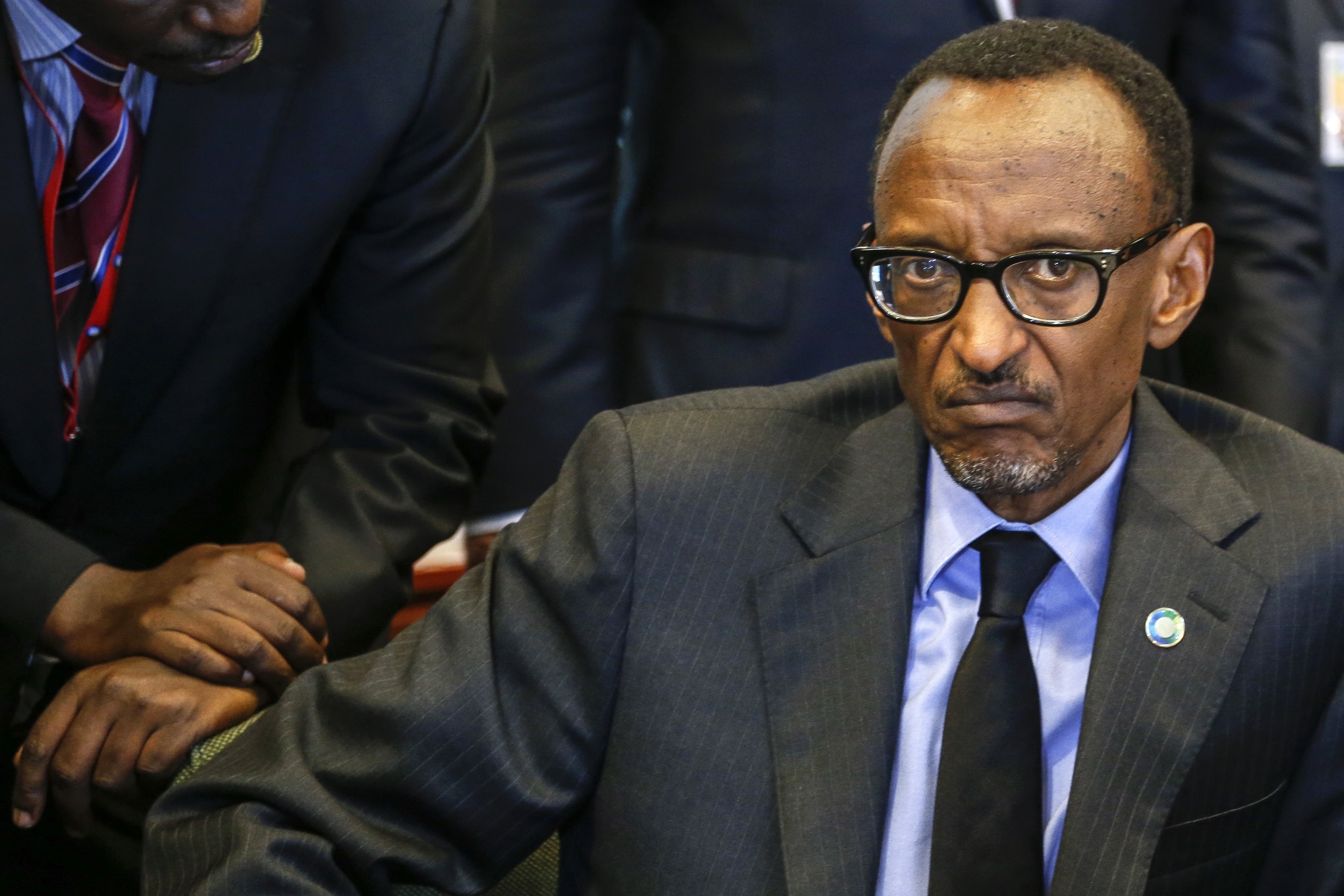By Wole Akinyosoye
The reception is a box-like building encased in neat glass panels. This afternoon, shadows from surrounding trees reflected on the panels, and you could see their foliage flailing in the wind’s caress. “Kigali Genocide Memorial,” expressed in simple white calligraphy, welcomes visitors to the sombre ambience.
The signage also says that this Memorial is for “Remembrance and Learning. “ The slim guide explained why the story of the 1994 genocide in Rwanda meant the world to him. “I lost everything to the genocide, including my family members,” he said. It was not a call for commiseration or an invitation to a pity party.
It was a cryptic statement by the guide, Maurice, on the gory happening that has defined his life. He advised this Nigerian group to learn from it: “Don’t let your country slip into the chaos you are about to see.” His brow furrowed as he spoke, contorting his handsome visage. Maurice sounded like Jeremiah, the ancient Prophet in Judah, warning of the dire consequences of iniquities. He began his rendition as we walked the alley to the first exhibits at the Memorial, telling how hell descended and claimed 800,000 Rwandan souls.
It begun in April, a month usually known for renewal, when trees start to bud in preparation for a new season. But there was no springtime for Rwandans in 1994. Hutus started a massacre against their Tutsi neighbours to avenge old animosities.
A still photo in the first exhibit room graphically displayed the mutilated body of a man jutting out from the window of a pickup truck; the brains spilled from the split skull. He had careened off the nearby road on sighting an impending danger; his assailants caught up nonetheless and brutally terminated his life. Nearby on a TV monitor, a black-and-white film played a scene from the early days of the genocide, of a dishevelled group gathered in a church building.
It seemed the group came looking for safety, and it was an uneasy calm there, judging from the troubled looks on their faces. They formed a queue, and the camera panned to a lad who wore a grin on a tattered shirt. He couldn’t be more than six years of age. The lad pushed as he moved on the queue as if hurrying to take a prize.
Suddenly, the scene faded to a heap of bloodied bodies on the church’s floor, corpses of children and adults with sundry lacerations. I guessed the makers of this clip deliberately left us to our imagination on the eventual fate of the group and the grinning lad. “Emotions vanished in Rwanda during the first week of the massacre.
Death and dying became familiar. Even the babies no longer cried.” It was Maurice explaining the ambience in Rwanda around the time of the incident we just saw. Did he say that to assuage the horror in that film, to let us know the people we just saw already reconciled with their fate before it happened? I watched Wellesina McCrary a survivor of the German holocaust tell her own story recently about Adolf Hitler’s death camps. Wellesina was a child when the Nazis killed her parents and carted her off to die in Auschwitz.
But she survived, unlike the grinning lad we saw in the film. “I was just a little girl,” Wellesina told her interviewer, “I have done nothing to nobody, but they sent me there to die.” Six million Jews perished in Auschwitz, Sobibor and other Nazi death camps across Europe before Hitler’s genocide was over, and the world vowed not to sit idly by again watching people killed in the name of race, ethnicity or religion.
The world founded the United Nations in 1945 to act against such atrocities, among others, and the Genocide Convention came later in 1951. I asked Maurice what happened to the UN’s resolve during the Rwandan crisis. He thought it was a rhetorical question. Who doesn’t know the UN likes to play the ostrich on such “sensitive” matters?
The guide eventually came through, explaining that the UN soldiers on ground did nothing to intervene or stem the murders in Rwanda, and that should be a cautionary tale for Africans. “Make sure to settle quarrels before they fester. Don’t expect the foreign powers will lift a finger to protect or help you.
Some were telling the world what was going on is the usual African way of settling scores…” Maurice paused at that point, like a griot that realized he had missed an essential part of a story. “Rwanda is grateful for the role played by Nigeria in our moment of need. It was the Nigerian Ambassador at the UN who first called it genocide and asked for global action.
We have always held Nigeria in high esteem because of that.” I quickly checked on Google and found Ibrahim Gambari, a professor of political science, was the Nigerian ambassador to the UN during the Rwandan crisis in 1994. It felt good to hear Maurice talk about Nigeria in glowing terms, a rarity these days of our numerous troubles.
But good could be fleeting in this gallery of horrors, especially as you moved into the Catacomb, where the skulls and bones of victims were arrayed. Torn skirts, tattered shirts, and an assortment of personal items, including babies’ clothing, were curated to portray the last moments of the victims. Nothing could better depict hell than the items on display there. “That skull was an infant’s,” Maurice said, again punctuating the eerie quiet.
But who wouldn’t know the skull belonged to a baby? The unrelenting guide also motioned to another skull, this time pointing to the hole in its temple: “It’s a gunshot wound, but only a very few died that way. Most died by clubs and machetes” As you were digesting that, he added another gory detail: “You had to pay if you chose to die by the gun. They said bullets cost money.”
A baby and her mother gazed confidently into the future from a framed photo on the wall. Pictures of other infants were also on display; some babies smiled toothlessly at the cameras. It’s hard to think that these little ones died before they knew what it meant to live.
Maurice told the horrid fates of some of those pictures in the Catacomb, including a baby snatched from her mother’s embrace and smashed on a wall. What were the mother’s thoughts on the unspeakable act? What could drive anyone to commit such barbarity? James M. Glass, the author of Life Unworthy of Life, interrogates the holocaust and concludes that language is at the root of that evil. Specifically, he found that deliberate manipulation of language by the Nazis to deny the humanity of the Jews led to the horrendous events in Germany.
The thesis of Glass on language as a tool for genocide also applies to Rwanda. Stripped of humanity, man becomes an object that can be freely scourged and squashed without remorse. The Nazis, by labelling the Jews as ‘vermin’ and ‘cockroaches,’ prepared the grounds for their extermination. The feral adjectives attached to the Jews assuaged the conscience of the perpetrators, who believed they were ridding society of “non-human others.”
Isn’t that also the motivation for the Boko Haram and Lakurawa in Nigeria that routinely label others “infidels” and insist they are unworthy of life? Why remind people of that gory past or raise a monument to it. Why showcase the battered skulls we just saw at the Catacomb? Couldn’t Rwanda forget and move on? I think the Kigali Genocide Memorial answers the questions daily by keeping its doors open to people.
First, to forget is an invitation to repeat. Keeping the genocide alive in peoples’ psyche is Rwanda’s way of saying “Never Again.” Second, the Memorial gives the dead back their voices; allows them to tell their stories by the artefacts, on what befell Rwanda in her season of anomie. This Memorial, like the Holocaust Memorials across the world, teaches that Hell is not as distant as it seems. Third, the Kigali Memorial is important for the strident voices of its exhibits.
They clearly instruct that tolerance is essential for peaceful cohabitation, especially in neo-colonial African states formed by fiendish foreigners in pursuit of their self-interests. I found Rwanda’s lessons on the power of dreams and redemption most compelling. It is boldly etched on Kigali that nations, too, can return from the dead.
President Paul Kagame says his mission is to make the country the Singapore of Africa, the prosperous Asian city-state begotten by Lee Kuan Yew. But Rwanda is far from Singapore, despite its evident strides. The economy is struggling, and the minimum wage is 100 Rwandan Franc (RWF), last set in 1980. Agriculture is largely still a subsistence endeavour.
The exchange rate is RWF 1,375 to US dollar. Petrol sells for RWF 1,629 at the pumps. Regardless, the discipline and orderliness on the streets suggest the country may already be facing the direction of Singapore. The streets are clean; drivers seem at peace with themselves and the road. The speed limit is 60 km/h, and you don’t exceed or break the traffic rules without consequences.
The motorcycle taxis are orderly, too. Riders and passengers wear proactive helmets and don’t ride on sidewalks. Rwanda is focused and disciplined. Wasn’t that the place of Singapore before its upward economic trajectory started in the 1970s? English was introduced as the language of instruction in public schools after the 1994 genocide, replacing French, the country’s lingua franca since the last century.
The malice on the switch may still linger in France, but it has opened a highway for Rwanda to the world because English is the contemporary language of commerce. The country says it’s open for business, and those who have tested the claim say it is true. They say registering a business takes 24 hours or less, and the process is simple and seamless.
My chatty chauffeur believes peace is Rwanda’s ace selling point: “You could traverse Kigali and the countryside any time without fearing for your safety. That is why people come from all over the world.” To peace, he added cleanliness: “You won’t catch a Rwandan in public dressed shabbily or with bathroom slippers.”
I looked out from the car window as Deejay, the chauffeur, spoke and saw he was on point. A young police sentry stood unarmed with arms akimbo. Police are a common sight here; always smartly attired, they stand unobtrusively at intervals on Kigali roads. Clearly, Rwanda is now a regional military power, shouldering more than its weight in East Africa. Soldiers from this country of 14 million people have been calling shots in the mineralrich DR Congo of over 100 million people since the waning days of Mobutu Sese Seko.
The Rwandan military is also on the ground in Mozambique at the invitation of government, fighting Islamic State insurgents and protecting the Cabo Delgado LNG, a major economic project in the region. “Rwandans are not rich, but we are contented,” Deejay mused as he navigated the old cab in a narrow alley in downtown Kigali. If that lad in the film at the Kigali Memorial is looking down, he will also probably be content with the direction Rwanda is facing.
Mr. Akinyosoye is on the faculty of GSCL, a consulting group in Abuja
